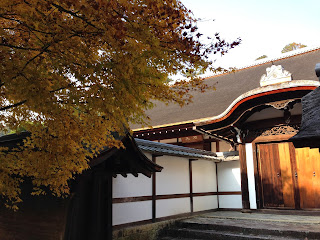Idealism without realism is utopianism. Realism without
idealism is populism. Main players in the world politics sought idealism in
2013, which faced a lot of difficulty in want of realism. In this race, the
winner should be who introduces realism in its idealism. It is too early to
call the name. Japan, however, must be one of the countries that have not found
the way.
Reelected President of the United States, Barack Obama, tackled
the universal health care, which had been one of the greatest political goals for
a former community activist in Chicago. To make this Obamacare work, the
President needed to exercise his political power to persuade the opposites.
Failing in this critical effort as a political leader, Obama introduced sharp quarrels
between the aisle of the Congress over Affordable Care Act and brought the
third longest federal governmental shut down in U.S. history in October.
Chinese new President, Xi Jinping, set a political goal in
achieving “China Dream” one month after he took the seat in March. After the
defeat of the Opium War, China has been suffering from suppression of the world
powers. “Dream” supposedly meant to regain self-determinative foreign policy.
However, China was not good at constructing cooperative international order,
and has been intimidating its neighbors with assertive behaviors. Different
from Obama, Xi is failing in persuading the outer world.
Russia is hoping to rebuild the great union as it once
showed after the Great Depression. The dream of European Union is to establish
a stable community in the continent to mark a period on its history full of
conflicts. People in Arab nations are protesting existing regimes to achieve
democratic society. All those efforts are covered by pessimisms stemming from
their internal political elements.
In Japan, Prime Minister, Shinzo Abe, tried hard to persuade
both the nation and the world that Japan can be re-boosted as one of the
greatest economy in the world, the concept which the Ministry of Economy, Trade
and Industry cannot stop loving. However, the myth is turning to be empty
promise with unevenly distributed wealth. Although the first two arrows,
monetary and fiscal policies, gave people an image that the economy is
forwarding to a certain target, the third arrow, growth strategy, already looks
ineffective with a little expectation in delegulation.
Believing in his political basis as eccentric conservatism
and indifferent unilateralism, Abe visited Yasukuni Shrine, the decision which
not only invited resentment from China and South Korea, but provided allies
with negative images, typically represented by U.S. “disappointment,” of his
lack of realism in international politics. Japan is still dreaming its own
revival.

















